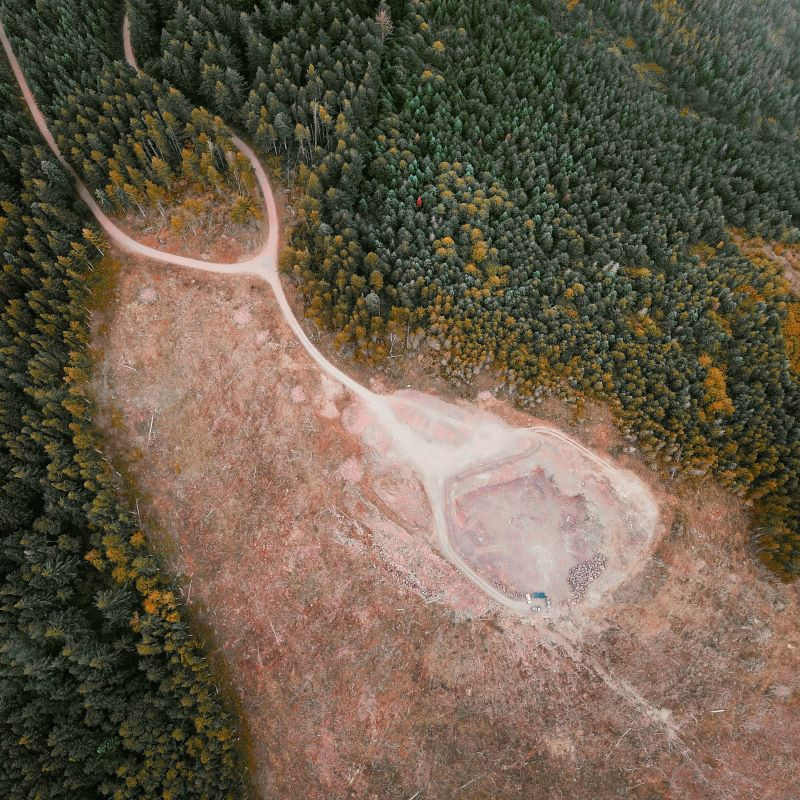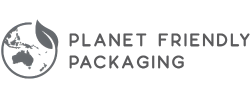
COVID-19 and the Circular Economy
30th Sep 2020
The Resource Crisis


Currently, the world is consuming resources at almost twice the speed that the planet can replenish them. The world is facing a resource crisis. Due to rapid population growth and an 'onwards and upwards' economic model, we are consuming resources at almost twice the speed that the planet can replenish them. Every year, more than 100 billion tonnes of raw materials enter the global economy.
The Waste Crisis
We are re-using less waste than we were two years ago. And we're not just over-consuming resources – we're also wasting them. Instead of improving, our waste seems to be getting worse. Two years ago, 9.1 per cent of waste generated across business was reused. Today, that has fallen to 8.6 per cent. The remaining waste leaks into our environment, with 8 million metric tonnes of it entering our oceans every year.
The COVID-19 Opportunity
As we rebuild from the impacts of COVID-19, we have a chance to rethink our standard business models. But COVID-19 presents us with a unique opportunity to start again. As we rebuild from the damage of the pandemic, we can instate an economic model focussed on sustainability and equality. We must now move away from traditional economic paradigms based on endless, upwards growth and towards a circular model based on creating value for everyone on the planet. The circular economy is less a utopian concept and more an achievable, alternate model than some may think. In the past, the foundation for a healthy economy has been growth and profitability. However, this model has created huge inequality around the world – linked to the inequality that has been demonstrated and exacerbated by COVID-19. A circular economy would help us address this. When processes are circular, everything has value and nothing is wasted. This model would bring huge benefits – it could unlock $4.5trn in economic growth, and also play a crucial role in mitigating climate change.
A Circular Economy in your Business
How will your business start the transition to the circular economy? To achieve this transition, businesses must start small. Circularity needs to be embedded in every part of production, from design to execution. What does that mean for your business? Maybe it means you stock up on compostable coffee cups, or order an organics bin to properly dispose of coffee grounds. Maybe it means you encourage customers to bring their own cups, or stop providing straws unless the customer asks for one. Maybe you provide paper straws instead of plastic. Maybe you put up signs telling your customers about the circular economy, and suggest how best they could dispose of their used cups (hint: compost them). Maybe instead of wrapping food in cling wrap, you use cardboard boxes or paper. Maybe instead of replacing worn out chairs with any kind of chair, you look for ones that you can dispose of responsibly (like untreated or sustainably treated wood). There are many ways to start small with the circular economy. The main thing is that we start. And if you need inspiration on what you can use instead of disposables, head to our product page.
Information taken from The New Economy. Read about the five keys to a circular business, and why we need certainty on recycled plastics, on our blog.
Planet Friendly Packaging acknowledges the traditional custodians of the land on which we work. Our thoughts go out to everyone affected by COVID-19. Stay safe.

